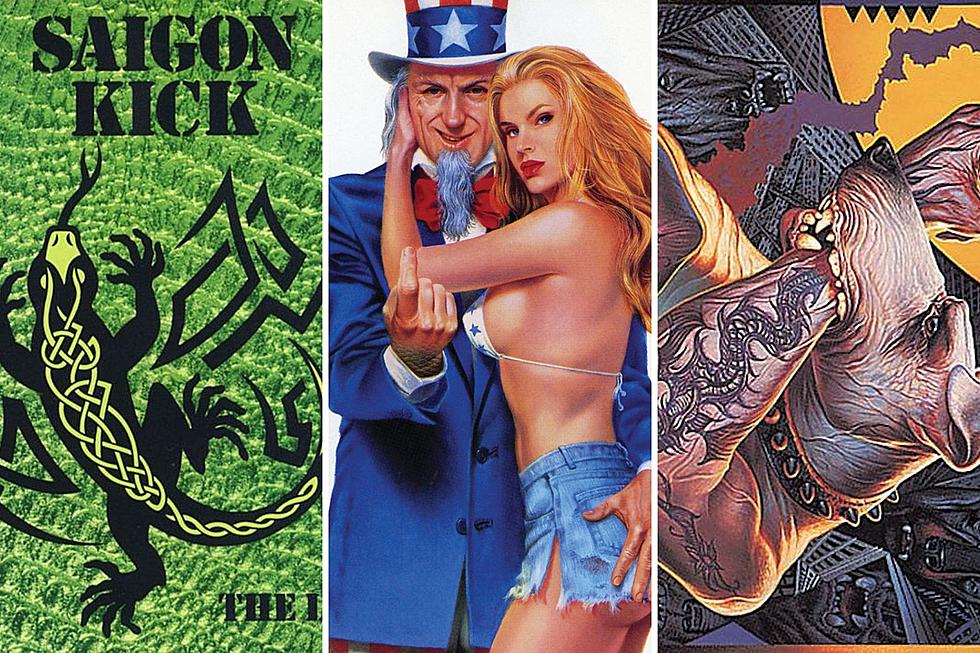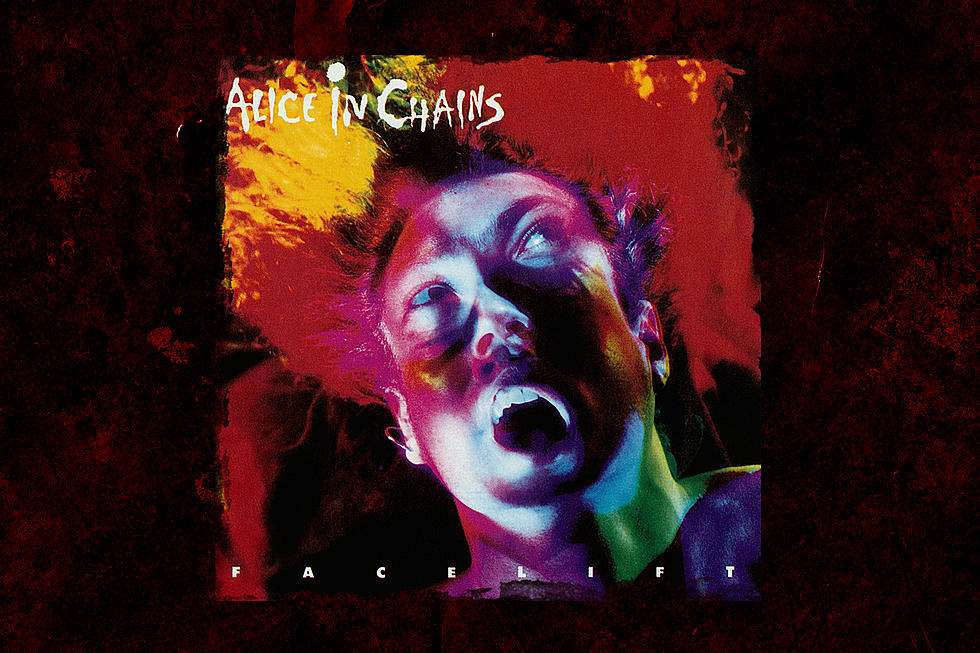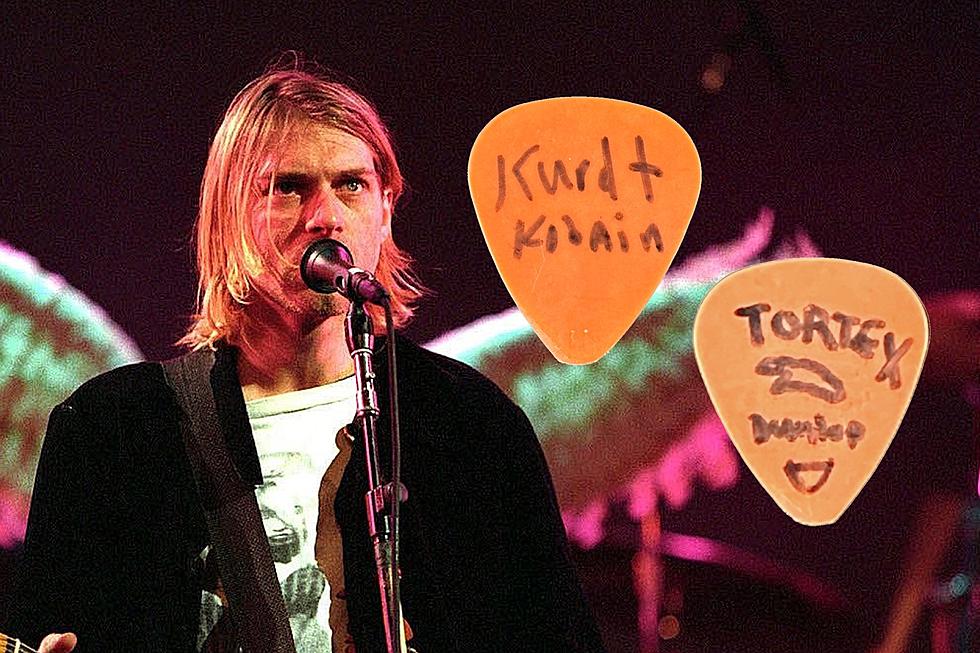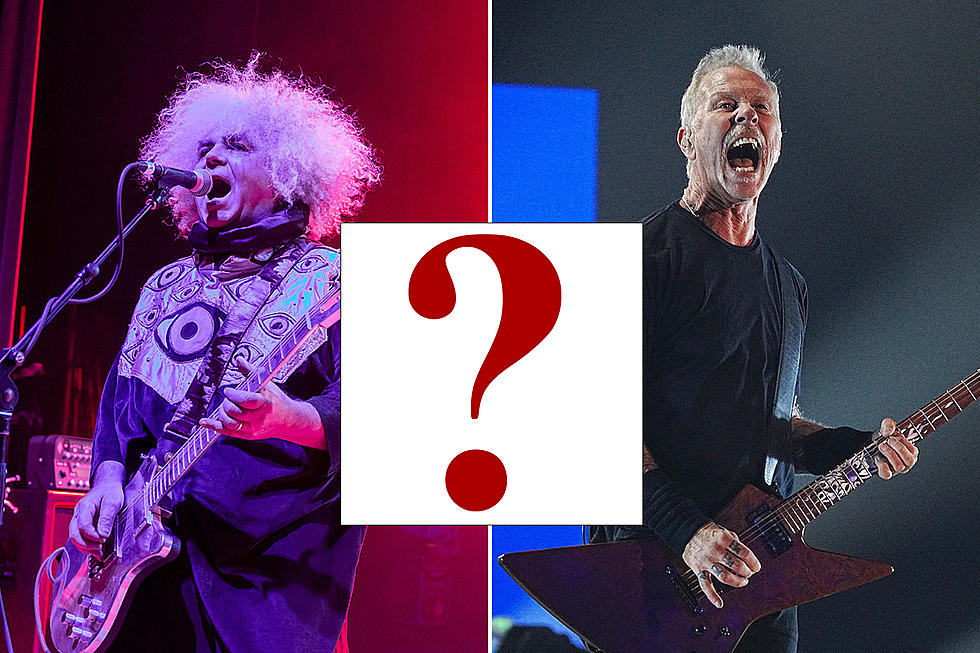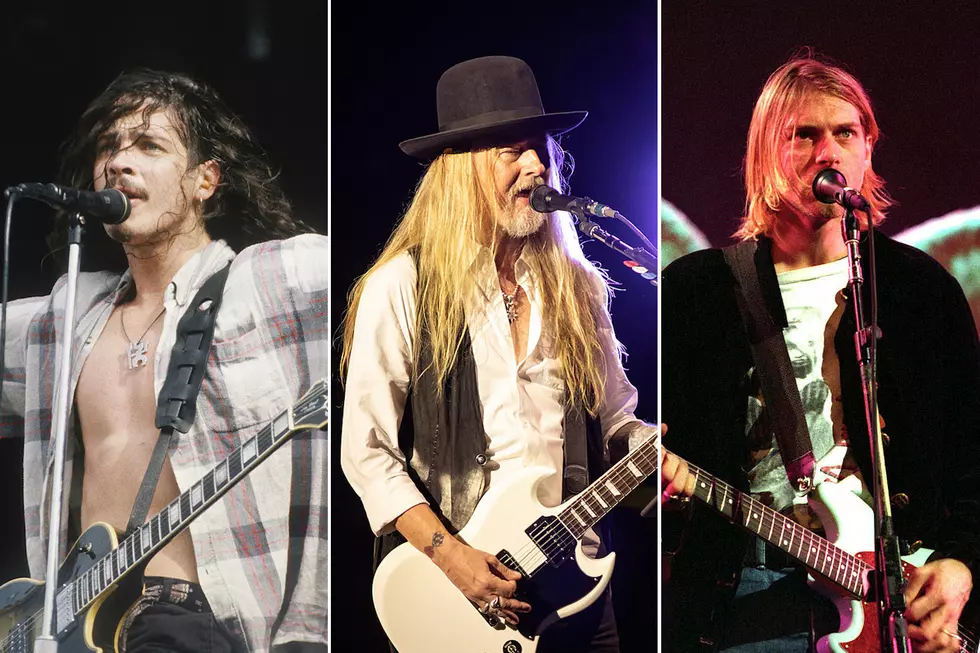
How Grunge Musicians Felt About the Word ‘Grunge’
If there's anything we know about music labels, it's that most musicians seem to resent them. There are hundreds of subgenres that fall under the larger umbrellas of both rock and heavy metal, but a lot of them apparently have negative connotations.
How often do you find that a musician who rose to fame during the '80s likes when their band is called "hair metal"? Another huge one was nu-metal — the majority of musicians that fell within that label, from those in Korn and Slipknot to Papa Roach and Deftones, denied any association with the label. A lot of artists have too much pride to admit that they share commonalities with any other group, they all argue that their entity is "so unique" and "different" that putting them in a category with others is just blasphemy.
Then you have grunge.
To put it simply, "grunge" refers to the collection of bands that became prominent within the Pacific Northwest music scene in the late '80s and early '90s that created an alternative type of rock 'n' roll. It had punk and metal influences, with most bands utilizing either distortion, drop-tuning, odd time signatures or dark lyrical matter, or a combination of all of them. When people discuss grunge, they're usually thinking of Nirvana, Soundgarden, Pearl Jam, Alice in Chains, Mudhoney, Screaming Trees and a few others.
"Grunge" as a label was first used in the media by Bruce Pavitt of Sub Pop in describing Green River's Dry as a Bone EP in 1987. Specifically, he called the music "ultra-loose grunge that destroyed the morals of a generation," and the term later reappeared in other outlets as the music began to take the spotlight on an international level. By 1993, models were dressing like Eddie Vedder on the runway and every record label wanted their own grunge band, so a lot of rock acts started creating their own version of it.
So, yes, it essentially was a marketing term that was given to a music scene that blew up. But, like the nu-metal artists, a lot of the Seattle musicians weren't enthusiastic about being put in the same category as their contemporaries — at least at first. In more recent years, unlike most of the nu-metal musicians, many of the grunge rockers have come to appreciate and understand the concept of being part of a "scene."
Check out what the Seattle rockers have had to say about the word "grunge" over the years below.
How Grunge Musicians Felt About the Word 'Grunge'
Top 30 Grunge Albums of All Time
More From Classic Rock 105.1
